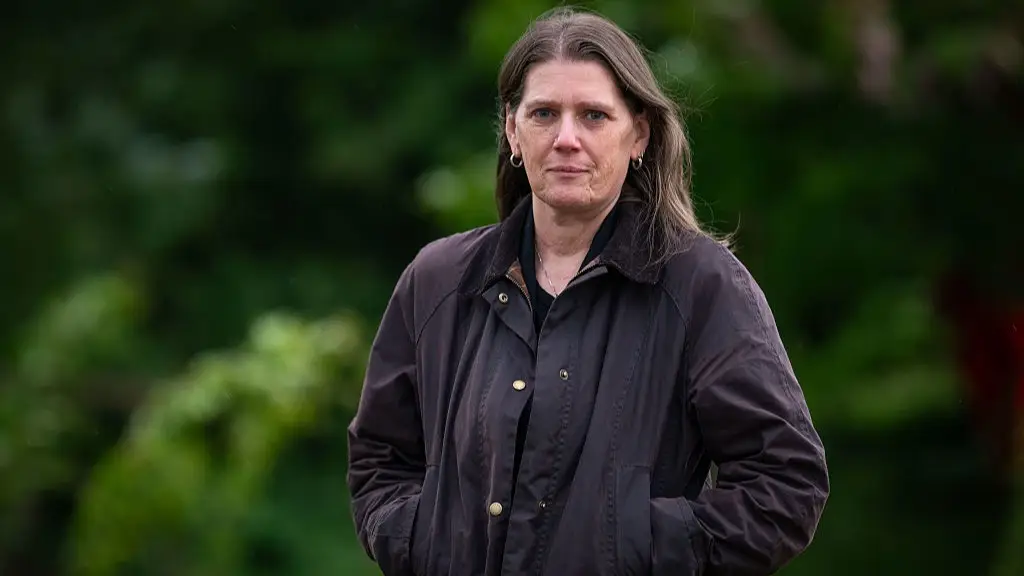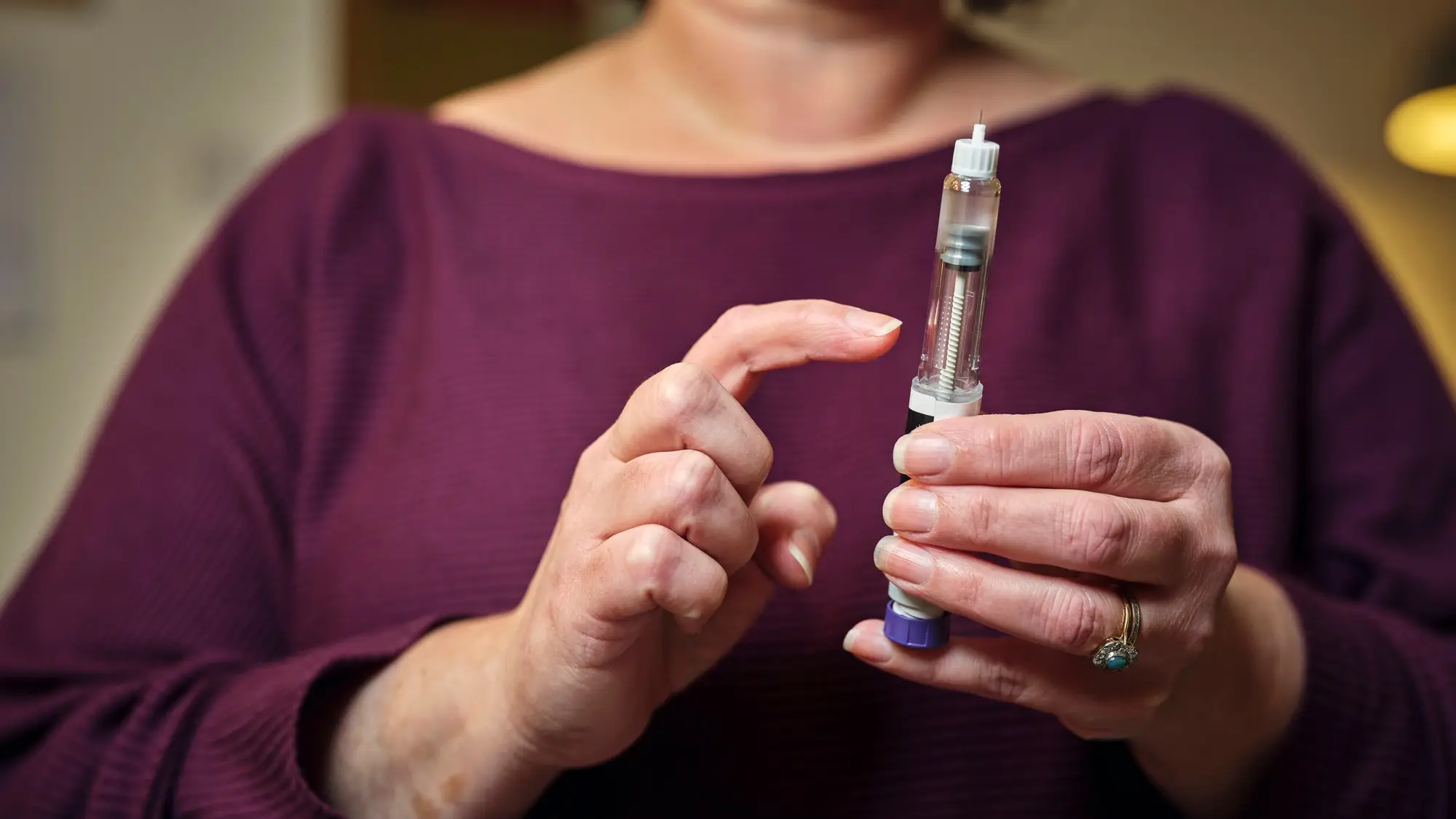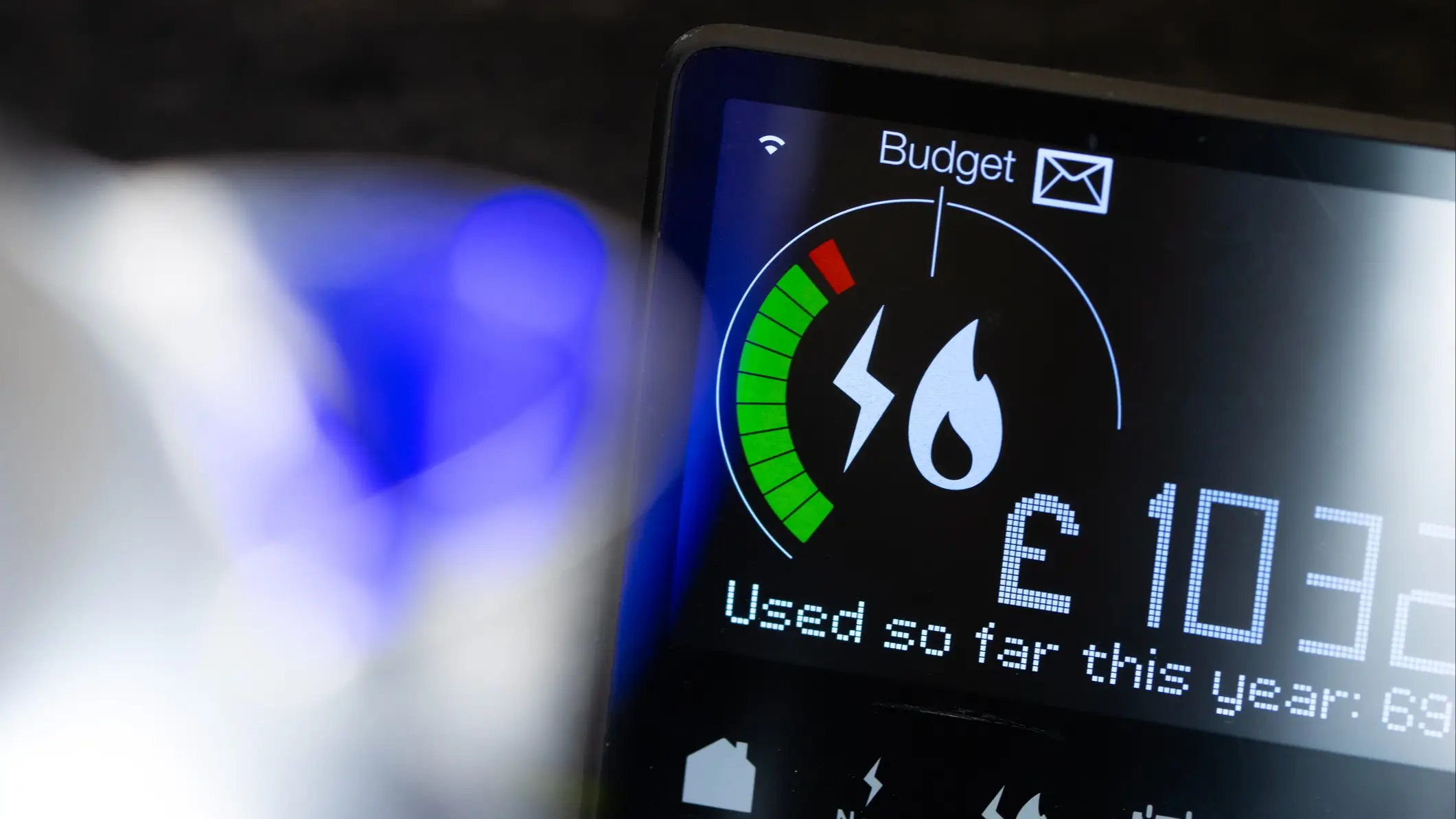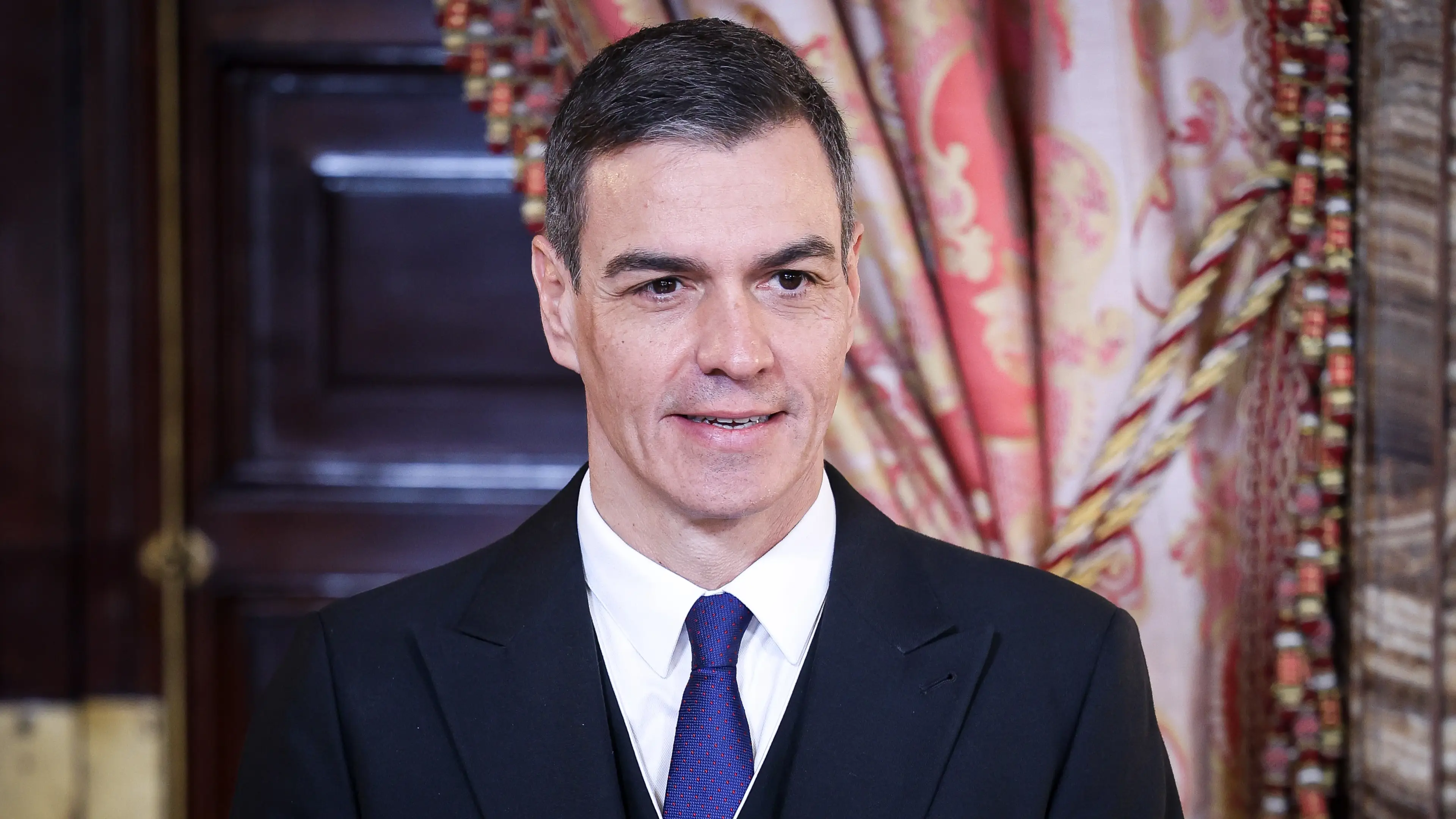


Many think that the relationship trend is solely to do with what happens in the bedroom

Mary Trump said that her uncle is 'in trouble, and he knows it'

Lady Victoria Hervey, who dated Andrew in the 1990s, has made an unusual excuse for the photos

ChatGPT announced a new deal and over a million users have ditched it as a result

They might work while you're on them, but then you need to work out what to do afterwards

One described the situation as a 's***show' after their flight failed to take off

More and more countries are being dragged into the Middle East conflict

She continues to speak up despite online backlash

He criticised the US, Israel and Iran for playing 'Russian roulette with the destiny of millions'

The 22-year-old wants to raise awareness of her condition

Igor Komarov, 28, said his abductors had 'already chopped off some of his limbs' in the haunting video

Corey Warren explained that drinking is likely affecting you more than you think

The Money Saving Expert has issued an update on a proposed compensation scheme for car finance mis-selling

The 79-year-old previously suggested he got to Iran's supreme leader before he could get to him

The study could lead to more personalised ADHD treatment


Experts at Resolution Foundation are warning of a 'fresh energy price shock' amid war in the Middle East

Exercise is one of the best things for physical and mental health

Molly Lambert began having intrusive sexual and violent thoughts at 15 years old

Prime Minister Pedro Sánchez has accused Donald Trump of instigating the breakdown of international law

The 37-year-old has pleaded not guilty at Chelmsford Crown Court

Timothy Howells was found at the wheel of his driving school car, in a ditch

People were informed that the sirens will sound 'in the event of a threat or emergency of natural or man-made origin'




